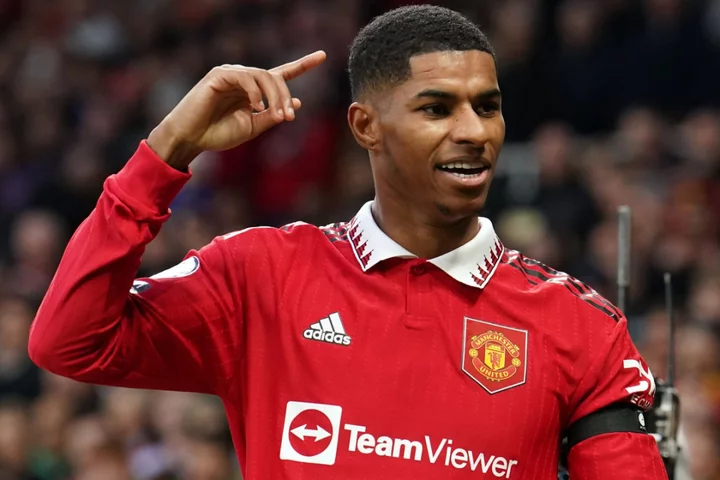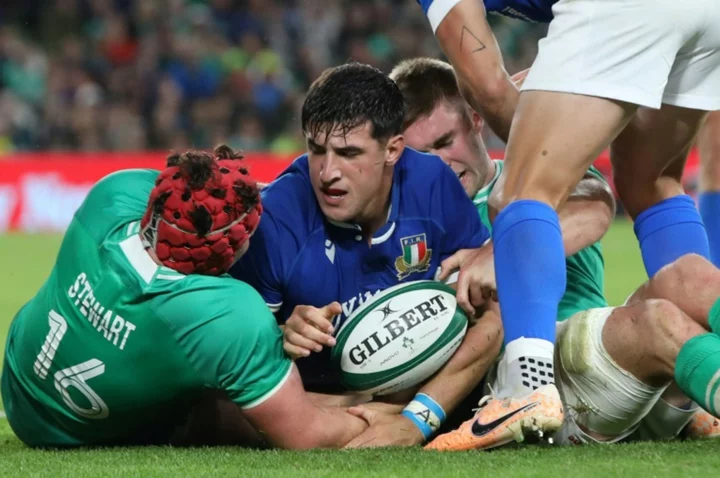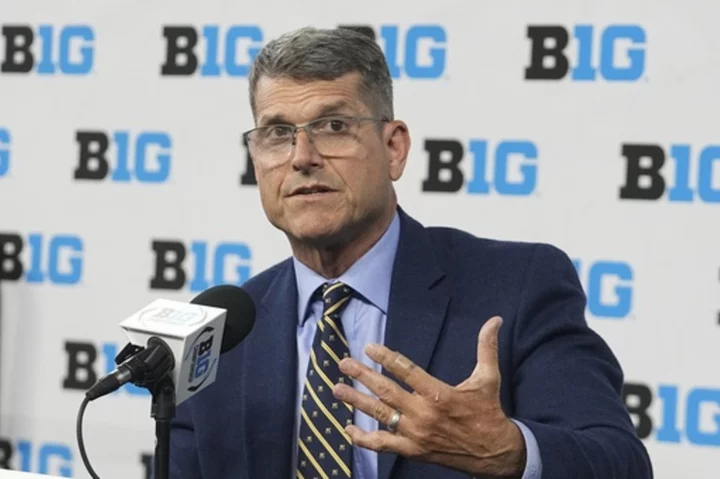As the new League Two season got underway last month, the bookmakers were clear in their opinion; Wrexham were the favourites. The team to beat.
Eight games in, Phil Parkinson’s side sit fourth– just three points off table-toppers Gillingham – having won four and drawn three since their opening-day defeat to MK Dons.
Two places above them in second is Notts County, Wrexham’s promotion rivals from last season who have also made an impressive start back to life in the Football League. Notts County, like Wrexham, were one of the early season favourites for the title despite this being their first season back in the fourth tier since 2019.
While it may come as no surprise that two teams littered with Football League talent have taken little time to acclimatise to England’s fourth tier, it does point to a stark financial inequality that is beginning to emerge at the base of the Football League.
In the case of Wrexham, Ryan Reynolds and Rob McElhenney may not be throwing around cash in such a carefree manner as their American counterpart, Todd Boehly, in the Premier League at Chelsea, but they certainly aren’t spending prudently either.
The club’s financial records for their promotion-winning season aren’t yet available, but the records from the season prior paint a clear picture of the new owners’ willingness to part ways with cash in their bid for promotion.
£1.2m spent on transfers and agents – up from just £10,000 the year before – alongside a 294 per cent increase in football costs and losses of £2.9m which far outweighed the average net loss for a club in the National League, which sits around £1.1m according to Deloitte’s Annual Review of Football Finance.
Some of that can be explained by the owner’s purchase of the freehold for the stadium and their 404 per cent increase in revenue – up to nearly £6m – but, regardless, the picture is as clear as ever. The big spenders rise to the top.
One of last season’s big revenue drivers is expected to be Welcome to Wrexham, the hugely popular fly-on-the-wall documentary. The second season airs this week, showcasing the club’s second full season under their new owners, a campaign which ultimately concluded in Wrexham’s promotion back to the Football League for the first time since 2008.
The show has attracted eyeballs and acclaim for its presentation of a football club at the heart of its community, and rightly so. In the second episode of the new series, for example, the story follows a young 17-year-old autistic fan, Millie Tipping, who strikes up a heartwarming relationship with star striker Paul Mullin whose own son, Albi, shares the same disorder.
That focus on the community is an uplifting thread that runs throughout the documentary. But it’s also no wonder when the alternative is confronting the fact that Wrexham seem intent on financially bulldozing the lower leagues with boatloads of cash and hefty wage bills.
After all, there were no other clubs in the National League last year whose kits were adorned with the sponsorship money of a social media giant like TikTok. No other teams in England’s fifth tier who could ring up and tempt a former England international goalkeeper out of retirement to help secure promotion.
This year, their squad has been boosted – yet again – by the arrival of talent from higher divisions in the form of Will Boyle, George Evans and James McLean, the latter a £250,000 signing from Wigan Athletic reported to be on “championship wages”.
When added to a squad that had already picked off supreme talents from the leagues above when the Welsh side were still in the National League, it’s clear to see why the bookmakers had them right at the top of their odds sheet. Money talks.
They are not the only ones following this path in League Two. Salford City were the poster boy for big spending when they first reached the division under the ‘Class of 92’ ownership group. Stockport County too, who pipped Wrexham to promotion in the documentary’s first season, have spent handsomely, bringing Nick Powell to the club after he left Stoke City in the summer.
But as Wrexham’s documentary hits TV screens, it should be the big spending of Reynolds and McElhenney that is put under the microscope. The celebrity status and goodwill garnered from the documentary should not distract from the vast spending that could dramatically alter the lower league landscape.
Their openness with the fanbase and their effect on the local community is to be celebrated. One only has to look into the shenanigans at Southend United and Scunthorpe Town to realise stable ownership is far from guaranteed.
However, look beyond that and their on-field strategy – fueled by rocketing sponsorship income and aggressive spending – is creating an unwanted blueprint.
Succeeding in the Premier League has long been dictated by an owner’s willingness to spend. Football must now avoid a world where big-name owners, vast sponsorship deals and the same ability to spend are the only ways to journey up the football pyramid.
Read MoreWelcome to Wrexham: The seasons we never got to see behind the scenes
Welcome to Wrexham: Best sporting moments from season one
Welcome to Wrexham: Best moments to look out for in season two
Wrexham’s legendary goalkeeper Ben Foster in profile
Wrexham’s star striker ‘Super’ Paul Mullin in profile
Ben Foster: Retired keeper set to star in Welcome to Wrexham season 2









